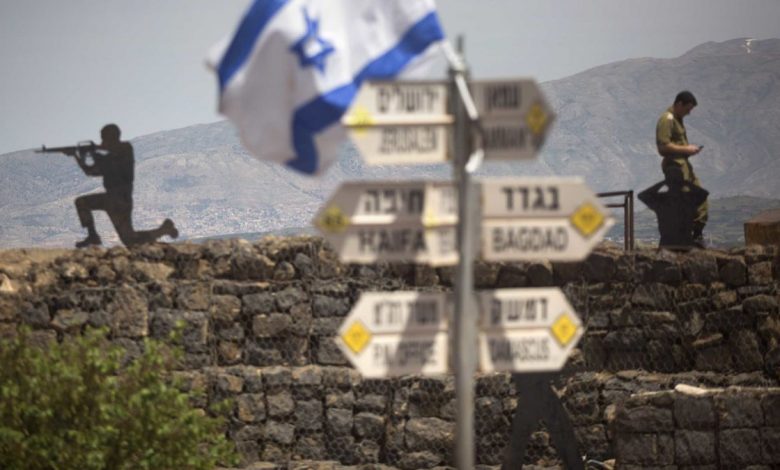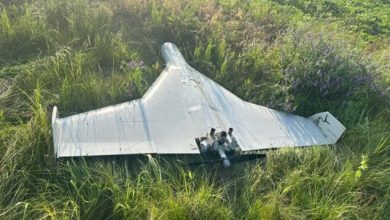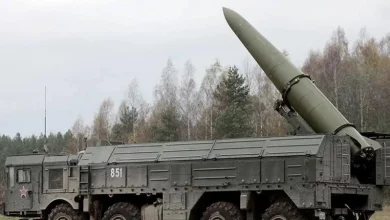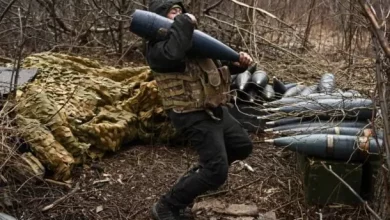Israel-Iran tensions rise as both sides threaten to attack

Israeli foreign, defense ministers threaten to retaliate if Iran attacks Israel from Iranian soil
Tensions between Israel and Iran rose further on Wednesday when Tehran vowed revenge for an Israeli air force attack on its consulate in the Syrian capital of Damascus, while Tel Aviv expressed readiness to retaliate if attacked.
The exchange of threats between Israel and Iran has heightened tensions, with Foreign Minister Israel Katz issuing a stern warning in a social media post.
In a post on X, written in Hebrew and Persian and directly tagging Iranian Supreme Leader Ali Khamenei, Israeli Foreign Minister Israel Katz threatened to retaliate if Iran launched an attack on Israel from its soil.
“If Iran attacks from its territory, Israel will respond and attack Iran,” he threatened.
Israeli Defense Minister Yoav Gallant asserted that any aggression against his country would be met with a robust defense followed by a potent response within the attacker’s territory.
”In this war, we are being attacked from more than one front … from different directions. Any enemy that tries to attack us, will first of all be met with a strong defense,” Gallant told troops at an Iron Dome air defense system battery in northern Israel, according to The Times of Israel newspaper.
The comments by Gallant came shortly after Khamenei’s remarks in Tehran, where he addressed a crowd on the eve of Eid al-Fitr to mark the end of Ramadan, and said, “The evil regime made a mistake and must be punished, and it shall be.”
Khamenei’s comments referred to an attack on Iran’s consulate in Damascus on April 1 that has been widely blamed on Israel. Tel Aviv has not officially taken responsibility for the strike.
At least 13 people were killed in the attack, including seven Islamic Revolutionary Guard Corps (IRGC) officers, which Iranian authorities blamed on Israel.
Among those killed were General Mohammad Reza Zahedi, a senior commander of the IRGC’s Quds Force in Syria and Lebanon, and his deputy General Hadi Haj Rahemi.
Amid the ongoing Israeli offensive on the Gaza Strip for over six months, Katz refused to confirm a specific date for a potential military incursion into Rafah in the south of the besieged enclave.
“I know Israel will enter Rafah, but I do not want to elaborate,” he said.
Despite international outrage over the dire situation in the Palestinian enclave, Israel’s prime minister has long expressed his intention to attack Rafah, Gaza’s southernmost town and one of the last significant communities spared by the Israeli army’s ground invasion.
Israel has waged a deadly military offensive against the Gaza Strip since an Oct. 7 cross-border attack by the Palestinian resistance group, Hamas, which killed less than 1,200 people.
More than 33,300 Palestinians have since been killed and nearly 76,000 injured amid mass destruction and shortages of necessities.
The Israeli war, now on day 186, has pushed 85% of Gaza’s population into internal displacement amid acute shortages of food, clean water and medicine, while 60% of the enclave’s infrastructure has been damaged or destroyed, according to the UN.
Israel stands accused of genocide at the International Court of Justice (ICJ), which in January issued an interim ruling that ordered Tel Aviv to stop genocidal acts and take measures to guarantee that humanitarian assistance is provided to civilians in Gaza.





